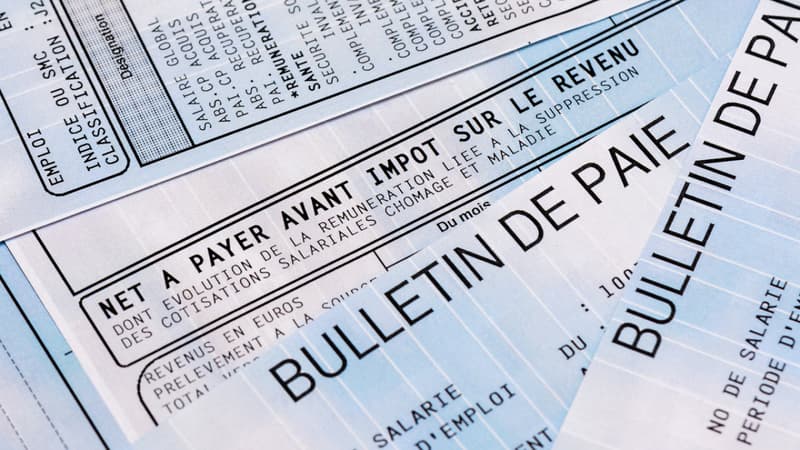A senior official of the European Central Bank (ECB) suggested on Thursday that citizens moderate their wage demands in the face of price increases so as not to boost the inflation curve.
“Unions could be inclined to ask for excessive wage increases. We have to be careful,” ECB Vice President Luis De Guindos said in an interview with the German newspaper Süddeutsche Zeitung.
“A spiral of prices and wages must be avoided,” he insists, because “no one wins” when an inflationary loop sustained by wage increases is triggered.
“If we go into a price-wage spiral, the ECB will have to raise interest rates more than it otherwise would have done,” he adds, further increasing the cost of credit and weighing more on economic activity.
Public authorities to support purchasing power
While acknowledging that employees are entitled to expect compensation, Luis De Guindos suggests that it is up to public authorities to support purchasing power “by introducing specific aid to mitigate the impact of inflation.”
“That way, people could reduce their wage demands and the ECB wouldn’t have to tighten monetary policy as much. Everyone would win,” the official said.
A wage spiral would complicate the ECB’s fight against inflation at a time when inflation begins to slow in the euro zone.
From 10.4% in October, inflation fell in January for the third consecutive month and stood at 8.5%, thanks to the slowdown in energy prices and the unblocking of logistics supply chains.
Don’t let your guard down
But we must not lower our guard, warns Luis de Guindos: the reopening of the economy in China, after the sanitary restrictions, “is causing an increase in demand for energy, metals and basic products. This can put more pressure on prices.”
The ECB sharply tightened monetary policy, raising rates five times since July for a total of 3 percentage points, an unprecedented rate. The goal is to curb consumer demand, in particular, to curb price increases.
Following a very likely further increase in key rates by 0.50 points at the next ECB meeting in March, “other rate hikes cannot be ruled out,” the official said.
Source: BFM TV


